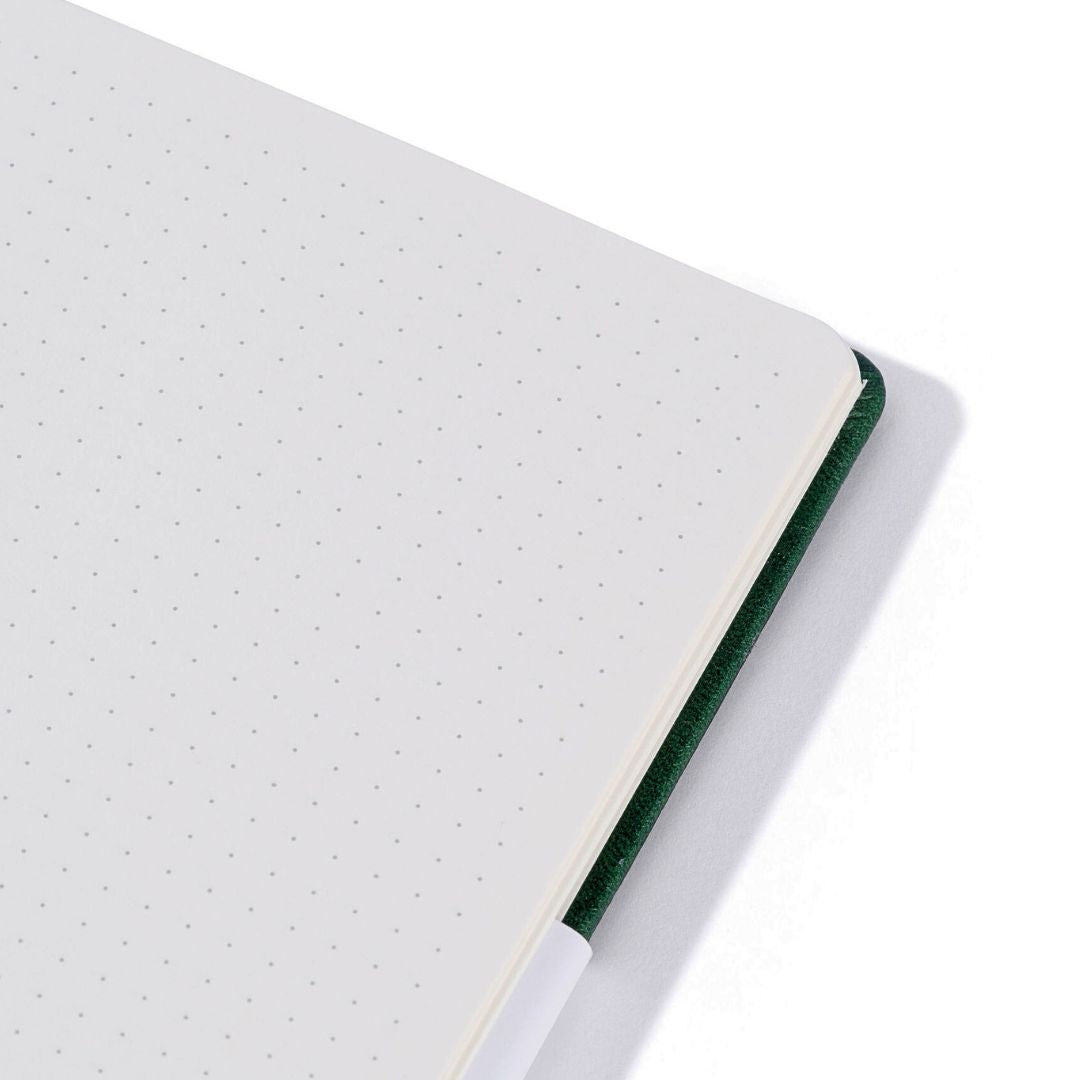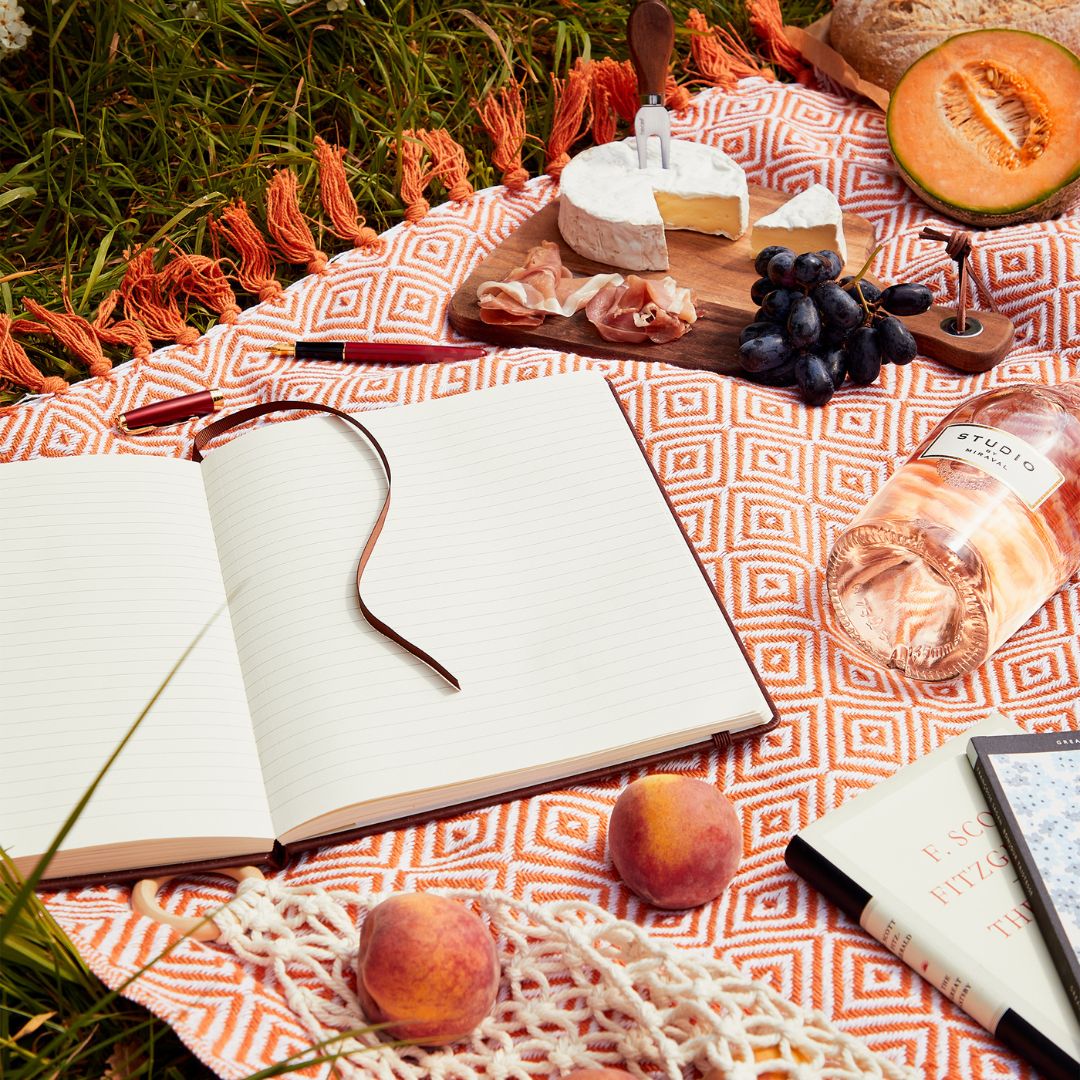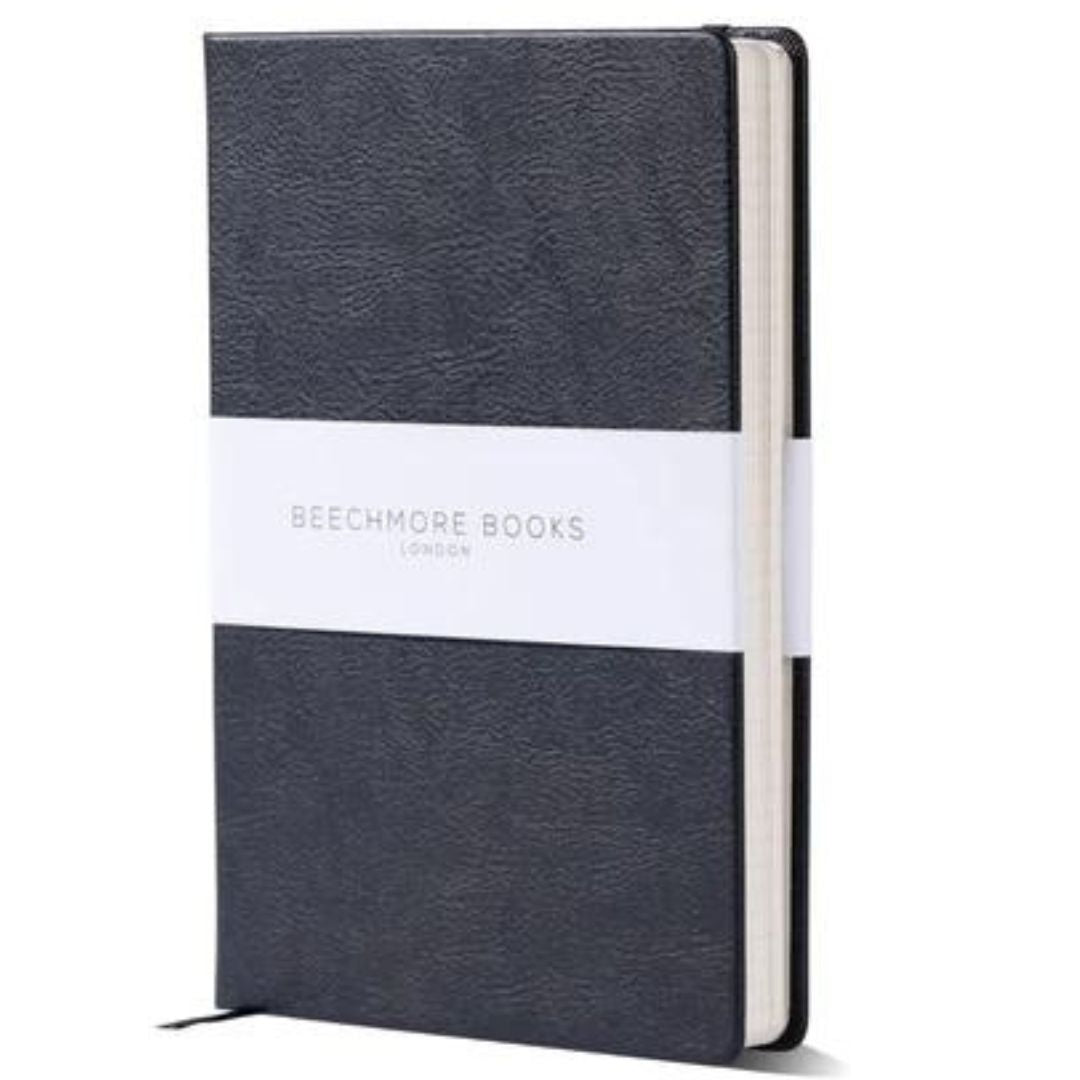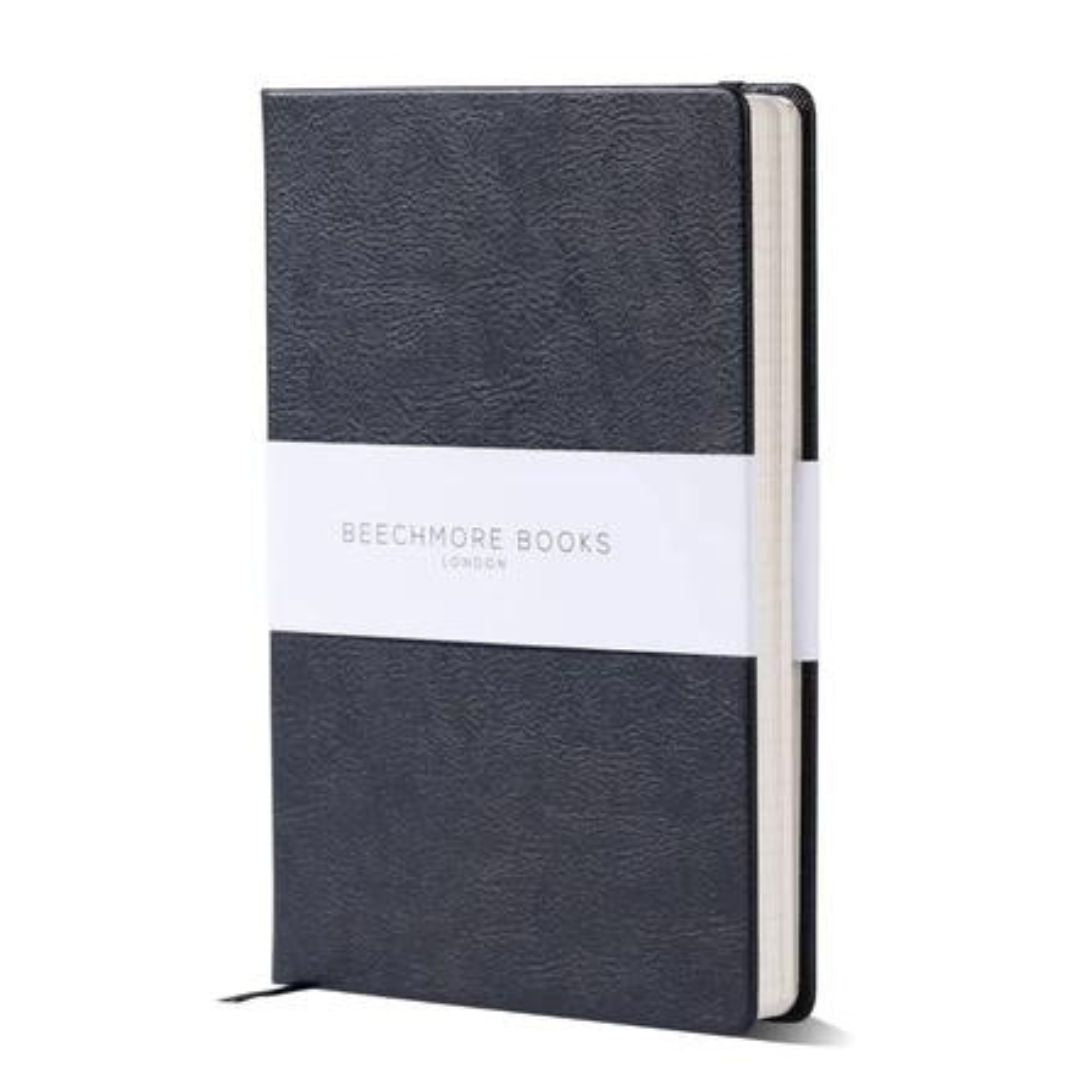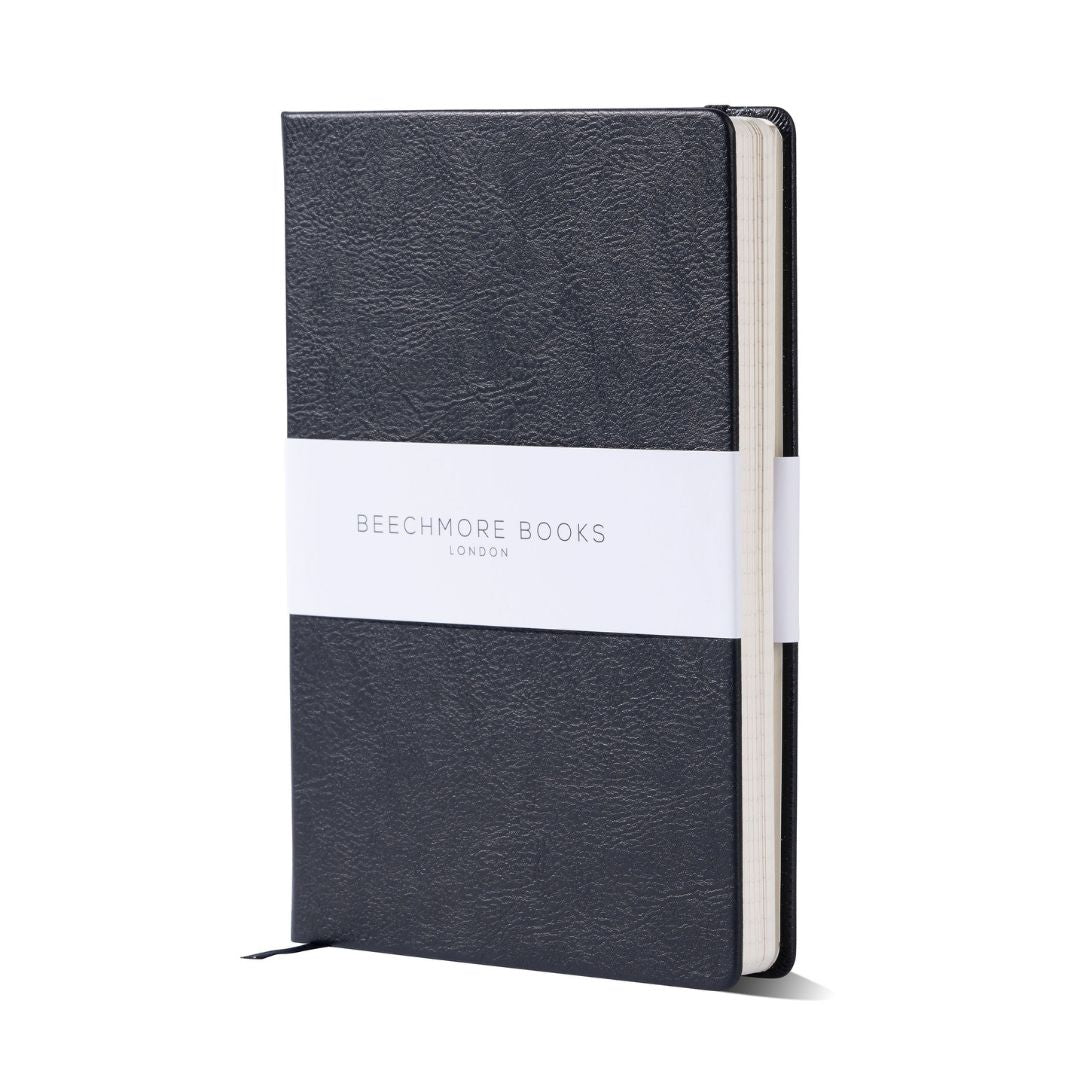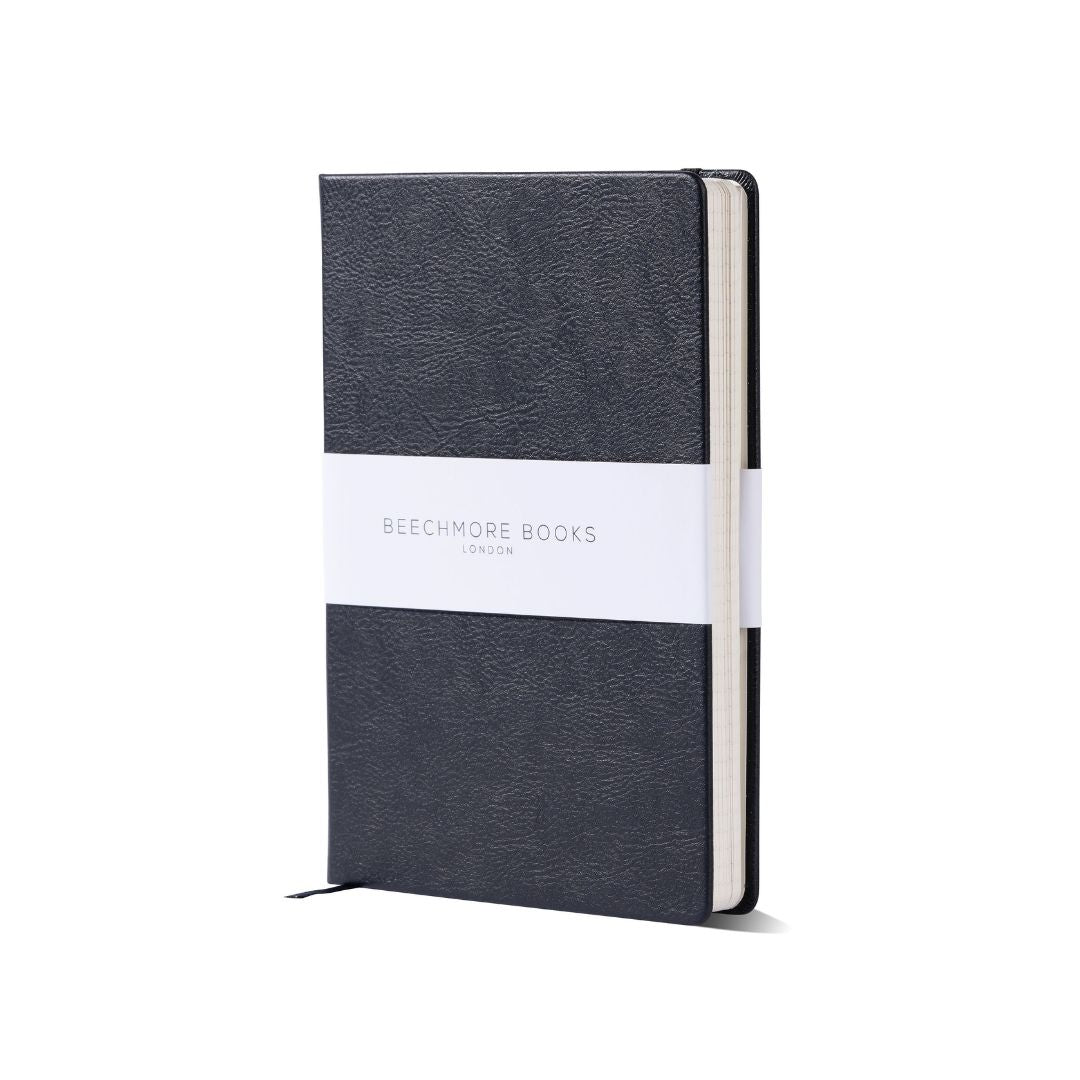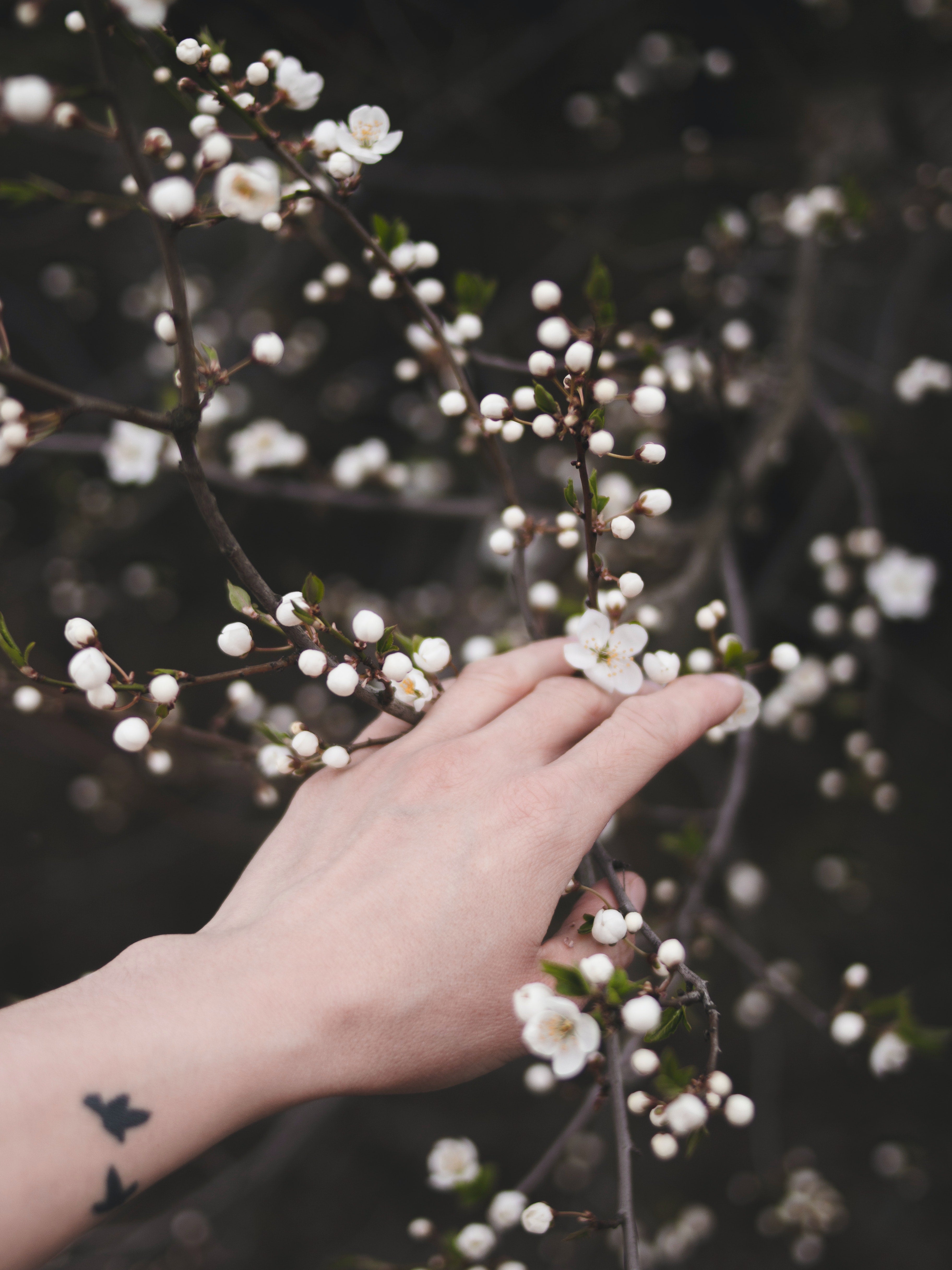A blank page. A nice pen. A rare hour of quiet to yourself. A steaming cup of tea next to you. And… nothing. Nope. Not one thing. Oh, hang on… You scrawl down half a sentence. Then cross it out. Rubbish. You sit, you focus, you wait. But nothing comes.
There are few things more dispiriting than writer’s block. That crisp white page, primed to be emblazoned with the most profound words, (or just any words, really), seems to taunt the writer. As a book editor, I’ve watched countless writers struggle to get going, and as a writer myself, spent many hours waiting for a train out of no man’s land. Why it is such a common experience when you’re trying to start a project? And how do you escape it? With time, and some experimentation, I’ve arrived at some answers.
We are a society obsessed with choice and freedom. The more options you have open to you, the more privileged you are. But here’s the thing about choice: in excess, it paralyses us. When every option is open to us, we lose the capacity to identify what we want and to enjoy what we choose. There’s a reason that massive buffets aren’t the pinnacle of the fine dining experience, and that’s because most people, when faced with that much choice, come back with a prawn kebab, watermelon slices, some lasagne, a spoon of dauphinoise potatoes and three varieties of bean salad when they don’t even like beans.
If you’re anything like most writers, when you sit down with a blank sheet of paper, ready to start a new project, you’re likely to do what I call idea-lunging. “Ooo, I could write a novel set on Mars,” you think. “Or a country house murder mystery. Or a poem about losing my virginity. Or an essay about the dangers of microwave radiation. Or a picture book about my cat!” It might happen at a smaller scale, as you grapple with endless possible character traits for a protagonist, or scroll through all the different perspectives from which you could start a first scene. Or maybe you just shuffle through an infinity of words for that first sentence. But whatever it is, most likely, it’s the abundance of choice that is blocking you.
There’s an easy escape, found in a simple truth, and it is this: Really, there are only a handful of things that you, as you, could write right now. Sure, you might be able to dream up one-line pitches for a hundred different novels, but I assure you that there are very few that you could successfully start right now, write, and complete. We like to imagine there are no bounds on our creativity, but the best pieces of work – the most authentic – come from when a writer is working within their own limits. The real challenge is to know what yours are.
Instead of asking yourself what you want to write, ask yourself what you could write. That’s not to say you can’t set yourself a challenge, but there is absolutely no point in setting yourself up to fail, and there’s a particular masochism involved in trying to make yourself write in a way that isn’t you. As an editor, I can tell you that it almost never works. If you only read historical romance novels, and you daydream about floating through Jane Austen’s world, and you always find yourself describing remote rural settings with elegant, dreamy language, stop thinking you could write a gritty crime novel set in Baltimore. Look at what you’ve written in the past – what you’ve enjoyed writing – and find the patterns and themes. Look at what your writing is telling you about what sort of writer you are. Then sit down and write as yourself.
This method might mean giving up on your dream of winning sci-fi novelist of the year, or the fantasy of joining the New Yorker staff for your journalism about American politics. It might mean writing some humdrum material about your grandmother, or what you had for breakfast, for a bit. But it will get you writing again. You just have to give up the illusion of infinite choice, and get back being the writer you already are.

Daisy Larkan | Writer & Editor


